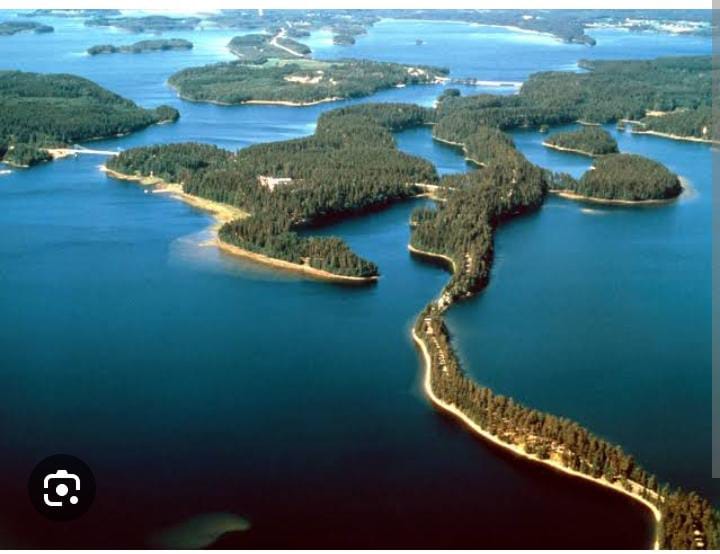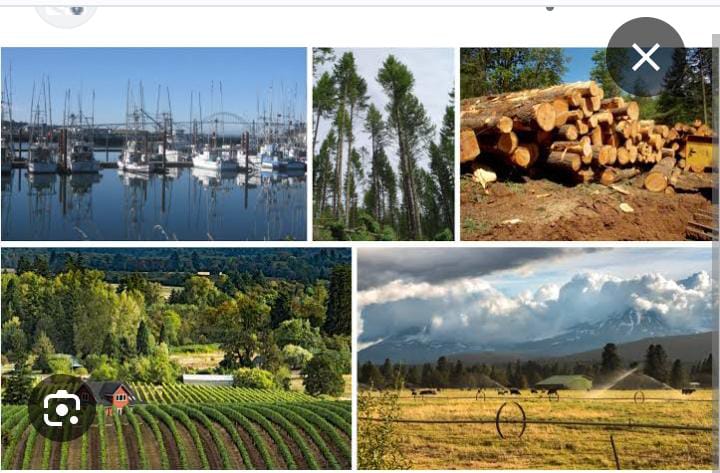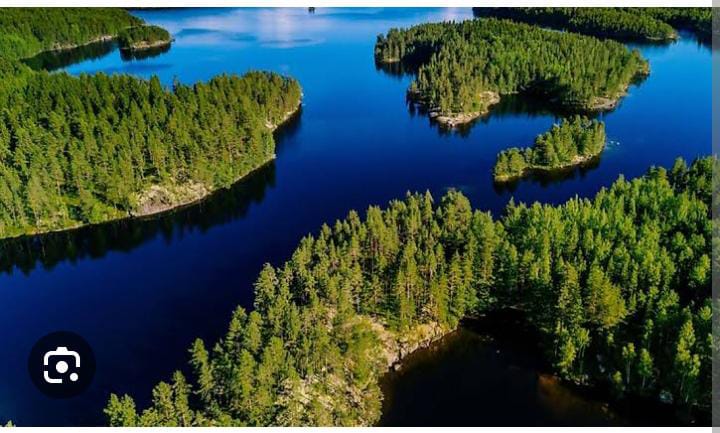Natural Water Resources
Significance, Uses and Challenges to Natural Water Resources
Water:
Water is frequently alluded to as the “remedy of life” and which is all well and good. So, it is one of the most essential and abundant natural resources on our planet. Without it thus, life as far as we might be concerned would be incomprehensible. From sustaining ecosystems to quenching our thirst and supporting agriculture and industry, Therefore, it plays a pivotal role in our daily lives. Thus, in this article, we will explore the significance of it as a natural resource, its various uses, challenges related to its availability and quality, and the importance of responsible management for a sustainable future.

The Remarkable Properties of Water:
Before delving into its importance, let’s take a moment to appreciate the unique properties of it that make it indispensable to life on Earth:
Universal Solvent: It is an excellent solvent, which means it can dissolve a wide range of substances. Thus, this property makes it an essential medium for various chemical reactions in living organisms.
High Heat Capacity: It has a high heat capacity, meaning it can absorb and store a significant amount of heat energy without a substantial change in temperature. Thus, this property helps regulate Earth’s climate and keeps temperature variations moderate.
Surface Tension: Thus, it exhibits surface tension, which allows insects like striders to “walk” on its surface. Thus, this property is crucial for various biological processes and has practical applications in daily life.
Extension after Freezing: Not at all like most substances, grows when it freezes. Thus, this is unique property prevents bodies from freezing solid, which would be detrimental to aquatic life.

Many Uses of Water:
Therefore, it is incredibly versatile and serves a multitude of purposes in our lives:
Drinking Water: One of the most basic needs of all living organisms, humans included, is clean and safe drinking water. Access to potable water is essential for maintaining health and preventing waterborne diseases.
Agriculture: Agriculture is heavily dependent on it for irrigation. Crops need a steady supply of it to grow, and the agricultural sector is one of the largest consumers of freshwater resources.
Industrial Processes: Industries use it in vast amounts for various processes such as cooling, manufacturing, and energy production. Without water, many industrial activities would come to a halt.
Energy Generation: Hydroelectric power plants harness the kinetic energy of flowing water to generate electricity. Additionally, it plays a crucial role in cooling thermal power plants.
Transportation: Water bodies like rivers, lakes, and oceans have been used as natural highways for centuries, facilitating trade and transportation of goods.
Recreation: Water bodies also offer recreational opportunities like swimming, boating, and fishing, contributing to the quality of life.
Ecosystem Support: Aquatic ecosystems, including rivers, lakes, and oceans, are home to diverse species of plants and animals. These ecosystems provide food, habitat, and oxygen production, contributing to the balance of life on Earth.

Challenges in Availability and Quality:
Despite the apparent abundance on Earth, several challenges related to its availability and quality have arisen:
Scarcity: While our planet is primarily covered in it, only a small percentage of it is freshwater suitable for human consumption and agriculture. Growing populations and increased demands for it have led to water scarcity issues in various regions.
Pollution: Pollution from industrial discharges, agricultural runoff, and untreated sewage has degraded the quality of many water bodies. Contaminated water poses health risks to both humans and aquatic ecosystems.
Climate Change: Changing climate patterns are causing shifts in precipitation and evaporation rates, affecting it availability. Increased temperatures can also lead to the melting of glaciers and polar ice, potentially causing rising sea levels.
Wasteful Consumption: Inefficient use practices in agriculture and industry contribute to water wastage. Encouraging water conservation and efficient water management is crucial.
Conflict Over Resources: In regions where it is scarce, disputes over access to resources can escalate into conflicts between communities and nations.
The Importance of Responsible Water Management
Given the significance of natural resource and the challenges it faces, responsible water management is imperative for a sustainable future:
Conservation: Conserving through efficient practices in agriculture, industry, and households can reduce wastage and ensure availability for future generations.

Pollution Control
Implementing strict regulations and practices to control water pollution is essential for maintaining, quality and safeguarding ecosystems.
Climate Adaptation: Adapting to changing climate conditions and developing sustainable management strategies is crucial to address the challenges posed by climate change.
International Cooperation
Collaborative efforts among nations are essential to resolve conflicts over transboundary water resources and ensure equitable access to it.
Research and Innovation: Investing in research and innovative technologies can lead to more efficient treatment, desalination, and sustainable agricultural practices.
Education and Awareness: Raising awareness about the importance of conservation and responsible use is key to fostering a culture of sustainability.
Conclusion
Thus, it is a precious natural resource that sustains life on Earth in countless ways. Its unique properties and versatility make it indispensable for everything from basic survival to industrial processes and recreation. However, it faces numerous challenges, including scarcity, pollution, and the impacts of climate change. To ensure a sustainable future, it is crucial that we prioritize responsible of it management, conservation, and pollution control. Only through concerted efforts can we guarantee that this vital resource remains abundant and accessible for generations to come. Water, truly the elixir of life, deserves our utmost care and protection.
